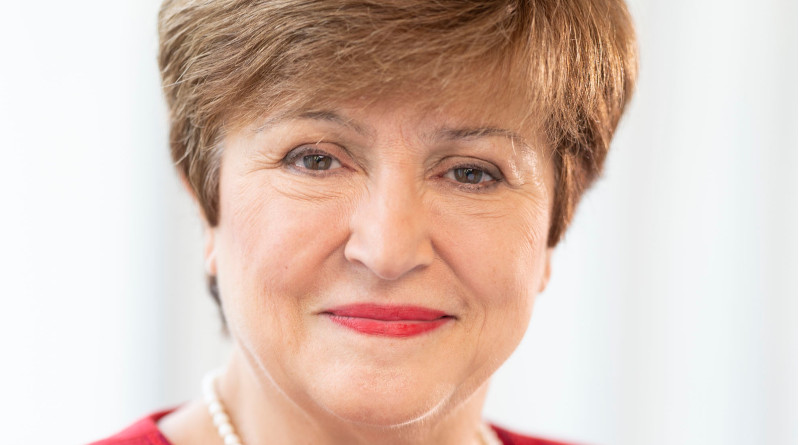IMF’s Georgieva On Economic Challenges From The Security Crisis In Sahel – Speech
By Kristalina Georgieva, IMF Managing Director
Thank you all for your active participation in this important event. As President Ghazouani reminded us, the Sahel faces tremendous challenges, that can only be addressed through strong cooperation of the countries in the region and their international partners.
When I think about the future of the Sahel an old saying comes to mind: “We do not inherit the land from our ancestors. We borrow it from our children.”
Millions of people living in the land of the Sahel today face desert and drought, hunger and violence, economic insecurity and now a devastating pandemic. But how we act now will determine whether or not the future is brighter for the next generation. And with over 64 percent of the population in the Sahel under 25 years of age, this is an especially urgent task.
So, what would it take to resolve the crisis – and build a better future for the Sahel?
First, strong international cooperation to help resolve the security crisis in the Sahel. President Issoufou is right to call peace a global public good. And the meeting today clearly reinforced a commitment to a well-coordinated, effective response to the security challenges the Sahel faces.
Second, stronger domestic foundations for success. If we want to ensure that efforts to address the security crisis can succeed without crowding out other urgent spending and harming the most vulnerable, it is vital to reinforce economic fundamentals. The presidents and many other speakers emphasized the need to diversify the economy and boost the prospects for growth. There is scope for country authorities to improve the transparency of public expenditure, including security spending, strengthen social safety nets, and advance domestic revenue mobilization.
Third, stepped-up support from external partners. Given the magnitude of needs in the Sahel, domestic efforts will not be enough. External partners have already brought direct security support and financial assistance to the region, and supported the creation of the G-5 Sahel and the Sahel Alliance. But much more is needed. All of us, including the IMF, have a critical role to play in supporting the countries of the Sahel. Budget support, including in the form of grants, will be particularly important.
Fourth, increased resilience. COVID-19 is not the first shock this region has faced. It will not be the last – especially with the looming climate crisis. Even as we attend to immediate and urgent needs, we must recognize that building a better future also requires building resilience in the face of future shocks. This will require investing in people – building up human capital, expanding access to digital technologies, supporting public health systems.
Let me end on a note of hope – and responsibility. One initiative I have watched with interest is the movement to build a “Great Green Wall” of nature across the Sahel, 8000 km from sea to sea. If completed, it would be the largest living structure on the planet.
This symbolizes that it is possible to build forward better – to leave the world we are borrowing from our children better, more sustainable, more inclusive. If we work together, I believe that a better future in the Sahel is well within our grasp.
Thank you!

